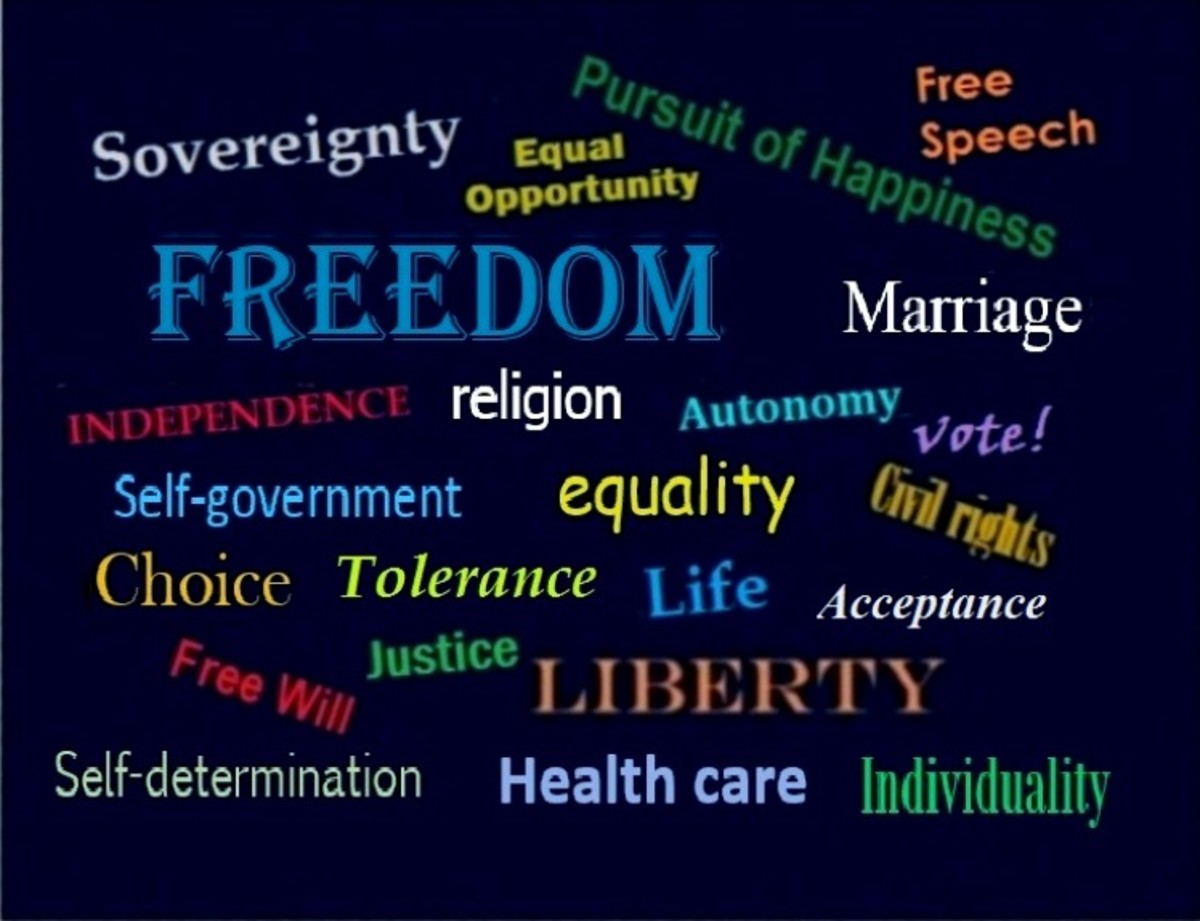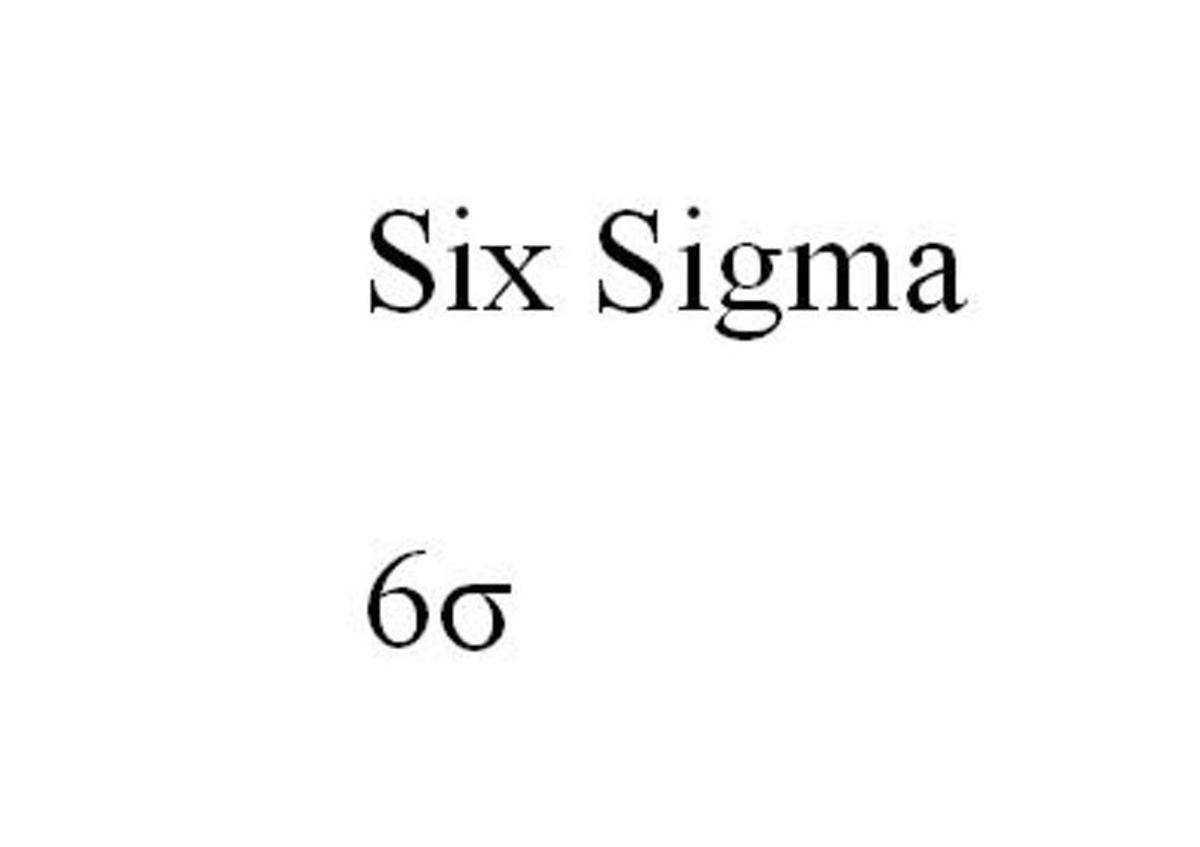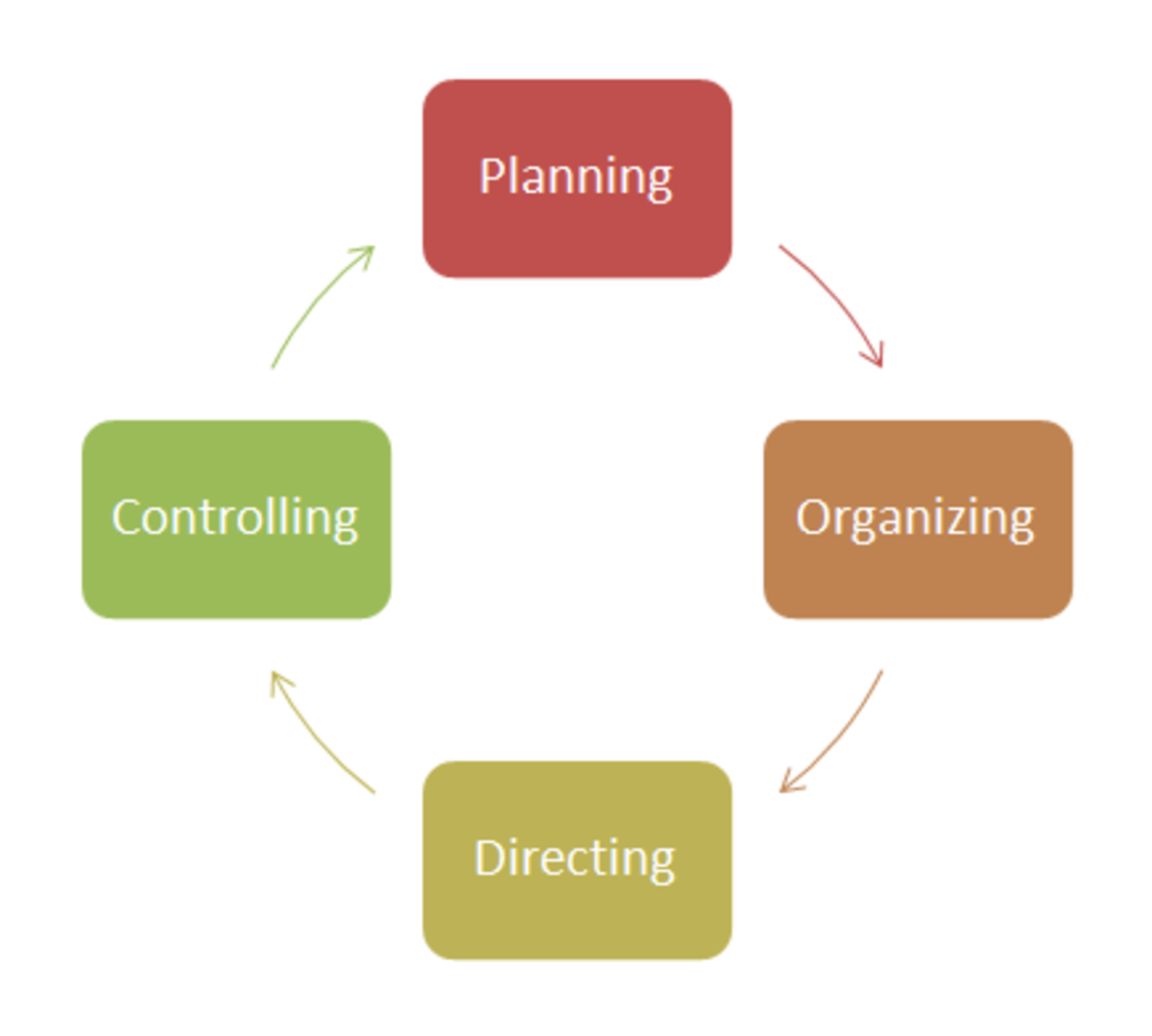WHY THE SARBANES-OXLEY ACT OF 2002 HAS FAILED
An increasing number of first time investors are now turning to the market for the purpose of securing their futures, finding school fees for their children, paying for their homes, meeting their daily needs and so on. This necessitates a more compelling role by the government to protect these investors and the public from fraud related activities within corporations. This concern was more apparent in the fiasco of Enron scandals, Tyco, Worldcom, Global crossing, Adelphia and others who were or have been found to practice massive fraudulent operations in their business.
In an attempt to curb such fraudulent activities in corporations, the US federal government have enacted scores of particular fraud prevention and protection acts. Some of these acts enacted recently at the federal level include the 2007 tax fraud prevention act, the 2008 Foreclosure Rescue Fraud Prevention act. At state level, many other acts have been enacted by the respective state governments for their specific jurisdictions.
The Sarbanes--Oxley Act, also known as the SOX or the SarBox is the most modern and significant fraud prevention act in the history of America. This act was mean’t to put in place novel anti-fraud standards and measures for the boards of publicly listed organizations, management concerns and accounting firms in US. The act which acquired its name from its sponsor in congress, Paul Sarbanes, a U.S senator requires the board of directors in the publicly listed organizations to take on extra oversight obligations, requirement for enhanced disclosure, assigning of increased criminal penalties for offenders in fraudulent activities, and also limiting individual control.
Why the Sarbanes--Oxley Act has not been Effective
Owing to the much talk concerning the Scandals of Enron, Tyco, WorldCom and others, it would appear natural for organizations to work hard and be more careful in preventing fraud in their organizations. According to the views of some, the SOX has assisted very little with regard to fraud prevention. Although the Sarbanes-Oxley act is perceived by many to be the answer on fraud activities in corporations, there are those whose perceptions on its efficacy have been different. For some of these people, the impact of SOX on fraud has not been measurable.
For instance, according to Childress, (2008) the expansive rules and regulations in the SOX have only resulted into organizations having to undertake expensive paperwork. These companies are now expected to keep many documents and files with regard to what is done by the company and how it does it concerning its operations and financial data. Childress argues “it is not a large or extensive documentation that could prevent fraud activities”; rather it is the integrity of the workers. Instead of these “unnecessary” massive documentation, the government should come up with measures that require companies to proactively detect or prevent fraud from occurring.
In another perspective, the SOX has led to more added costs in the prevention process. According to some estimates, the cost for the implementation of the SOX is more than $1 trillion on an annual basis. Consultants have also found this as an opportunity for minting money through “assisting” with the compliance of the Sarbanes-Oxley regulations. Most corporate stakeholders are yet to figure out the value of the extra-added costs. In fact, many small companies are finding it hard to survive and operate amidst this high cost of SOX implementations while preventing fraud activities in their companies (Gary, 2008).
Again despite the Sarbanes-Oxley being in place, there are still regular reports that describe the novel ponzi schemes in the financial environment. There are still people who detect and exploit available opportunities in the financial world and make sure that they take an advantage out of it. Although we only get to hear people who get caught, there are nonetheless many who regularly skims and gets away unnoticed. The fritz economy has only assisted in increasing the motive for fraud. Financial advisors as well as the fund managers have been on the chopping block. In this perspective, more legislation cannot be the solution for the increased fraud activities. This has been proved through the Sarbanes-Oxley.
The real solution can only be the ethics and integrity. This makes it necessary for organizations to emphasize on ethics and integrity and incorporate it in their organization culture instead of being focused on profits. Apparently, if a company begins focusing their efforts and train their employees on ethics and integrity, their financial ship will be turned on the right direction. While integrity ought to be the first priority, profits should be second. If the companies focus their efforts on performance or profit, fraud will keep on showing its ugly head and thus making an entire company at stake. Further, if honesty and ethics are emphasized, the profits may not appear substantial but at least one can know it to be realistic. This aspect will be the basis for an organization to prosper for long as an organization that is ethically honest, instead of ethically burning out due to their profit driven supernova.







